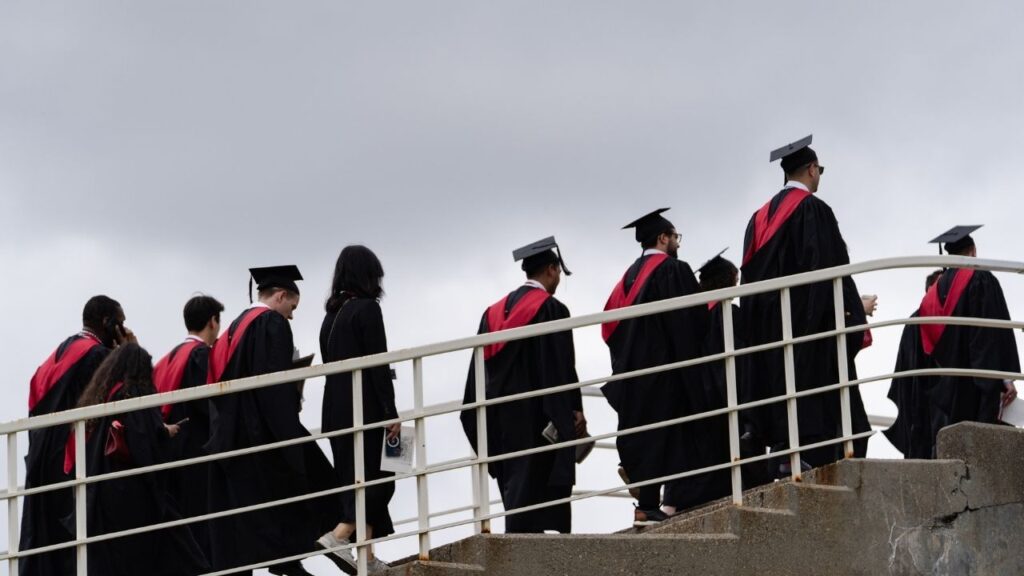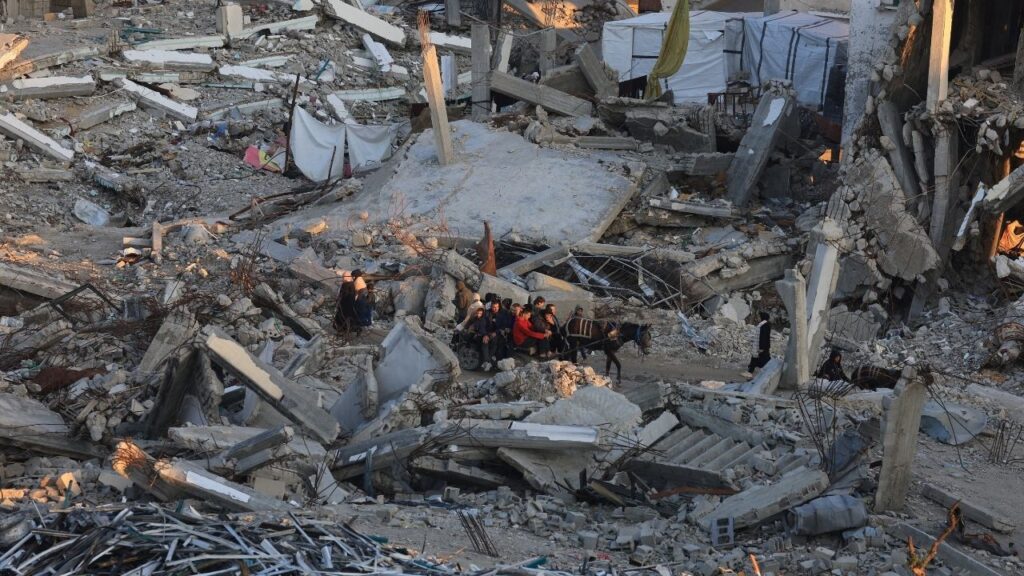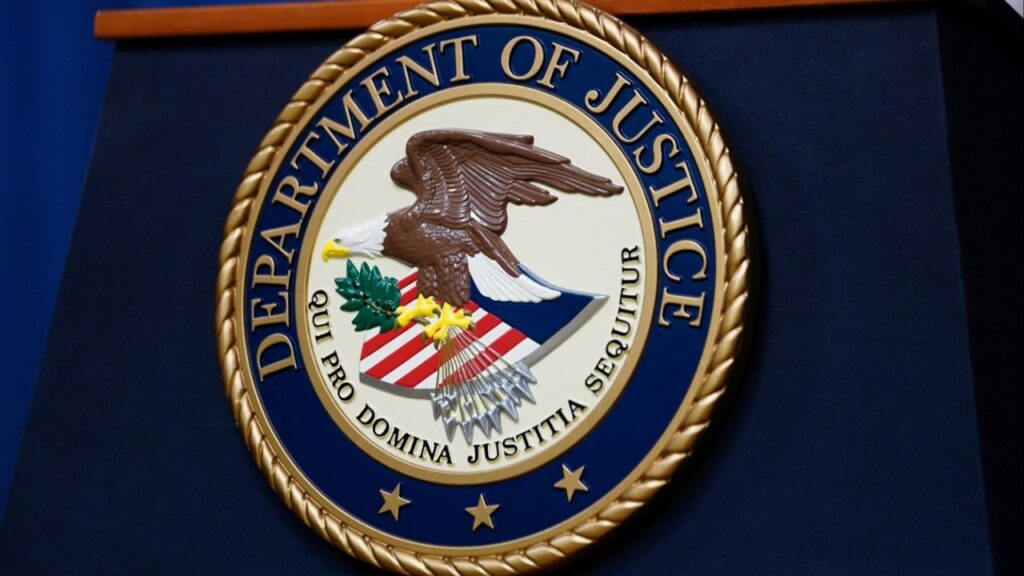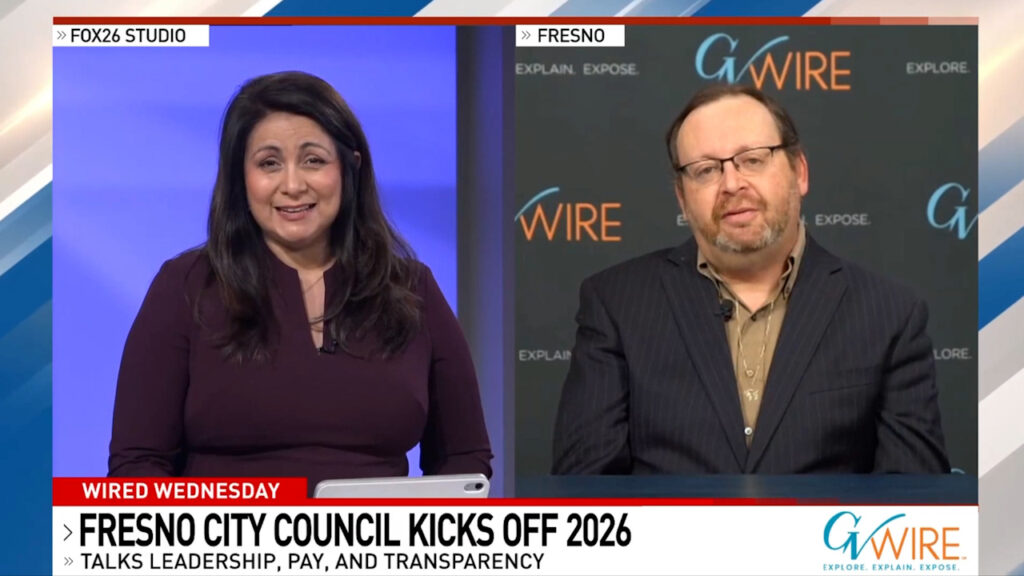Lawyer and human rights activist Shirin Ebadi from Iran, participates in the conference "Human Rights Heroes" at the National Museum, which is part of the Nobel Peace Center's international peace conference, in Oslo, Norway August 31, 2023. (Reuters File)

- Nobel laureate Shirin Ebadi says Iran's leadership is a “paper tiger” and predicts a peaceful revolution will topple Khamenei.
- Ebadi cites Supreme Leader Khamenei's retreat during war with Israel as proof of regime weakness and growing public disillusionment.
- Despite no current protests, Ebadi believes Iran's regime fears uprising after military losses and is cracking down preemptively.
Share
|
Getting your Trinity Audio player ready...
|
LONDON -Iranian Nobel Peace Prize laureate Shirin Ebadi said on Wednesday Iran’s war with Israel had revealed the weakness of its “paper tiger” leadership, predicting that Supreme Leader Ali Khamenei would be toppled in a peaceful revolution.
She spoke a day after a shaky ceasefire brokered by U.S. President Donald Trump took hold between Iran and Israel, ending a short but intense air war in which Israeli strikes seemingly targeted Iran’s senior leadership at will.
“The people of Iran and the world saw that and realized what a paper tiger this administration is,” Ebadi told Reuters in an interview in London, where she has lived in self-imposed exile since 2009.
Ebadi, a lawyer who won the Nobel Peace Prize in 2003 for her work defending human rights, has been a staunch critic of the Shi’ite Muslim clerical establishment that has ruled Iran since 1979.
Security officials said Khamenei, 86, went into hiding during the conflict, which wiped out the top echelon of Iran’s military leadership and killed its leading nuclear scientists.
“The people will not trust a leader who hides during times of war,” Ebadi said. She said previous protests, such as those around the death of Iranian-Kurdish woman Mahsa Amini in 2022, had shown mass public support for change.
“I predict the people will succeed this time around and this regime will be gone.”
There have been no signs of significant street protests against the Islamic Republic, with relief dominating the first response of many Iranians to the ceasefire.
While Iranian President Masoud Pezeshkian, a relative moderate, has said the atmosphere of national solidarity during Israel’s attacks would spur domestic reform, hardline security organs have also moved swiftly to demonstrate their control with mass arrests, executions and military deployments, officials and activists have said.
“The regime is trying to compensate for its defeat by arresting the people,” Ebadi said. “Because it fears that now that it has been defeated in this war, the people will find more courage and take to the streets.”
—
(Reporting by William James and Bahareh Khodabandeh; Editing by Alex Richardson)
RELATED TOPICS:
Categories
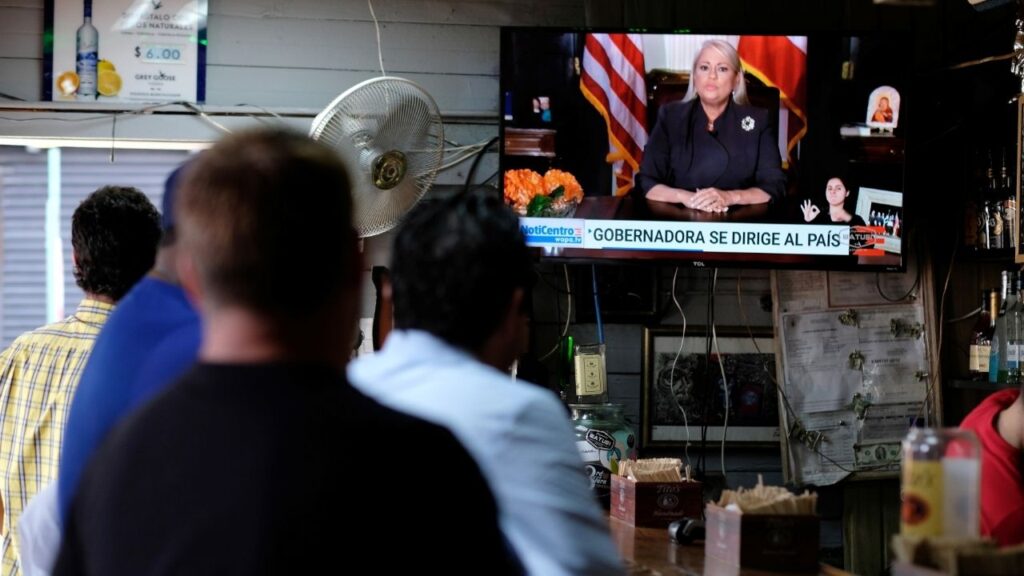
Trump Pardons Former Puerto Rico Governor Vazquez







